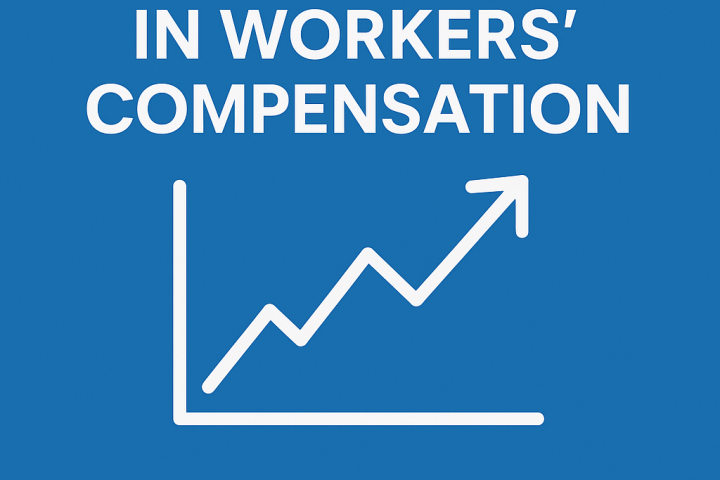Fixed-Term Contract Unfair Dismissal: Lessons from the Tribunal
Can the end of a fixed-term agreement lead to a claim for fixed-term contract unfair dismissal? A recent case before the Workplace Relations Tribunal recently explored this complex dispute. A dedicated digital security educator at TasPoly challenged her employer after her contract ended following a failure to obtain a required qualification.
The Background of the Dispute
TasPoly, a vocational education institution, uses fixed-term contracts to hire industry experts. These agreements typically last one year, allowing practitioners to gain teaching certifications like the Training and Assessment (TAE) qualification.
The worker began her role on March 1, 2023. Her contract clearly stated it would conclude on March 5, 2024. However, she struggled to complete her TAE certification on time. To assist, the employer granted a two-month extension until May 3, 2024. They issued a clear ultimatum: if she did not obtain the qualification by this new date, the contract would end.
Was it Termination or Contract Expiry?
When the extension passed without the certification, TasPoly ended the engagement. The worker then filed a claim for fixed-term contract unfair dismissal under the Fair Work Act. She argued that the employer failed to support her, which hindered her studies and led to her “dismissal.”
The employer defended the claim by stating they did not dismiss the worker. Instead, the contract simply reached its agreed-upon conclusion. They highlighted that 14 months is ample time for a certification that usually takes 6 to 9 months. Furthermore, they proved they provided clear guidelines that the worker did not follow.
The Tribunal’s Final Ruling
The Tribunal looked at legal precedents like the Horizon case to determine if this was an employer-initiated termination. Ultimately, the Tribunal ruled in favor of the employer.
The ruling stated that a decision not to offer further work after an agreement ends does not automatically constitute a fixed-term contract unfair dismissal. Because the contract explicitly defined the cessation of employment, the employer met its legal obligations.
Key Takeaways for Employers
This case highlights why transparent communication is vital. To avoid fixed-term contract unfair dismissal claims, organizations should:
- Outline Specifics: Clearly define contract end dates and qualification expectations.
- Document Extensions: Provide written ultimatums if extending a contract for performance reasons.
- Maintain Consistency: Ensure all employees receive equal support and treatment.
By upholding these contractual obligations, your organization can navigate the transition from fixed-term to permanent employment with clarity and fairness.
Disclaimer: This information was accurate at the time of writing and serves as general advice. For specific legal guidance, please call AHR on 1800 577 515.
For more information click here










